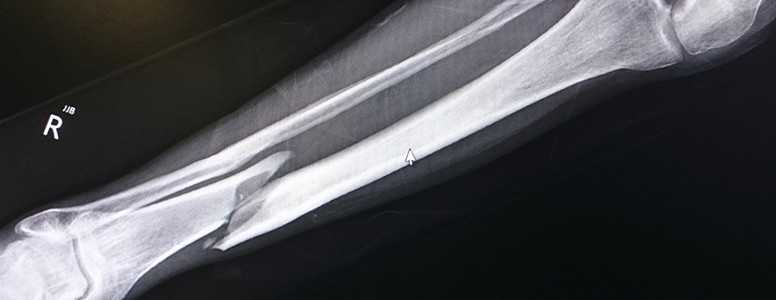Children born to a mother who kept a pet hamster during her pregnancy had an increased risk of type 1 diabetes, a new study reveals.
This unusual correlation was made by Swedish researchers, who think that hamsters may carry certain viruses which impact type 1 diabetes risk.
The research doesn’t necessarily mean that families who own hamsters should rehome the pet because correlation studies cannot indicate cause. However, the research adds to other studies linking viruses transmitted by animals to type 1 diabetes. Last year, the 2009 swine flu outbreak was linked to increase type 1 diabetes rates in Norway.
The Swedish study involved collecting health data from more than 16,000 parents who had children in the late 1990s. Researchers wanted to investigate why type 1 diabetes is usually diagnosed so early in life and whether having a pet could impact the chances of getting the condition.
Taking into consideration diabetes family history, they looked at the number of children who had later gone on to develop type 1 diabetes and what sort of pet their parents had owned when pregnant.
The data showed that 25% of expectant mothers had a cat and 18.7% had dogs. No link was determined between owning either animal and the child later being diagnosed with diabetes.
But the researchers did find that five children out of 150 families who had kept a hamster during pregnancy had been diagnosed with type 1 diabetes. This meant the chances of developing the condition was four times greater than average.
“Exposure to hamster during pregnancy seems to increase the risk of T1D in the child. One possibility could be infection by virus hosted by the pet,” said the study authors.
The researchers note that many other cases of type 1 diabetes occurred without hamsters being linked, adding “As only a small minority of the mothers, whose children later developed T1D, had a hamster during the pregnancy, this factor cannot be regarded as a common causal factor.”
Despite these intriguing results, more research must be carried out before experts can definitely say that being exposed to hamsters is unsafe during pregnancy. JDRF, which reported on the study, note that there may be a third unidentified factor involved, such as a virus or another factor, which was not explored in this most recent study.
The findings have been published in the Paediatric Diabetes journal.
What's new on the forum? ⭐️
Get our free newsletters
Stay up to date with the latest news, research and breakthroughs.






